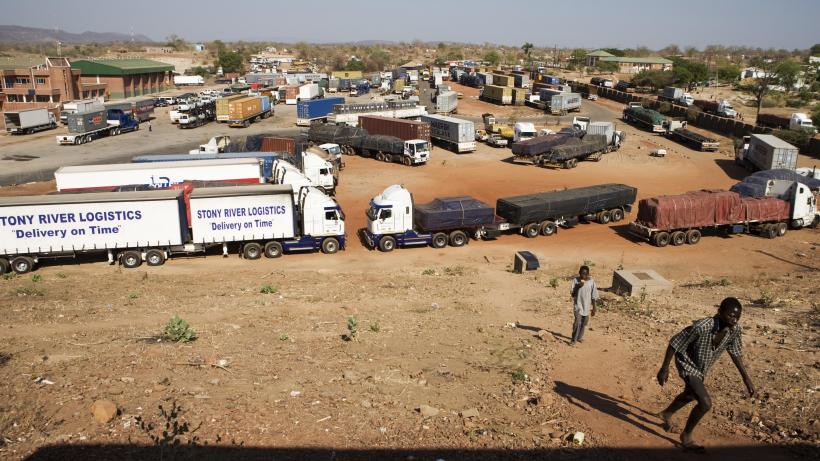
Transport and infrastructure: A summary of IGC research
-
Transport-and-Infrastructure-sub-thematic-summary.pdf
PDF document • 572.68 KB
This sub-thematic summary highlights the IGC’s research on transport and infrastructure over the past 10 years.
Transport and infrastructure are fundamental aspects in economic development. By lowering movement costs, improving transport and infrastructure help stimulate inclusive economic growth. However, the nuanced effects of transport and infrastructure projects need to be empirically understood if they are to play an effective role in a country’s broader development strategy. The IGC has commissioned research across sub-Saharan Africa and Asia to examine these effects, and demonstrate the economic case for allocating often scarce state resources to transport and infrastructure projects.
IGC projects have looked at the effects of improving transport links across countries and cities through various lenses. The IGC’s research around roads suggests that their economic effects are not as straightforward as commonly assumed. Roads can spread the benefits of trade, but only if other issues of connectivity are addressed as well. Furthermore, roads may not necessarily increase economic activity in previously unconnected areas, but they may give people in those areas access to higher-value non-farm work elsewhere. Taken together, the IGC’s research suggests road connectivity plays an important role in the spatial transformation of countries undergoing a structural transformation of their economy away from agriculture to manufacturing and services.

